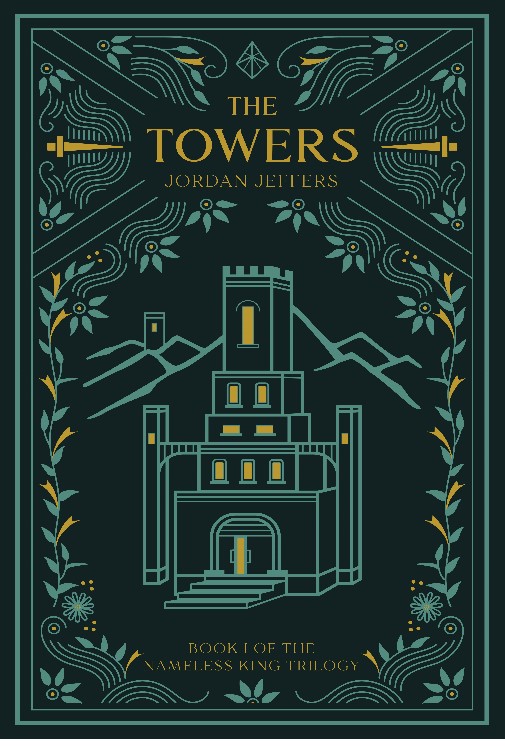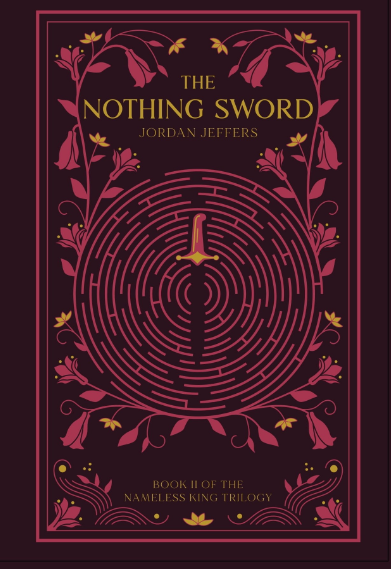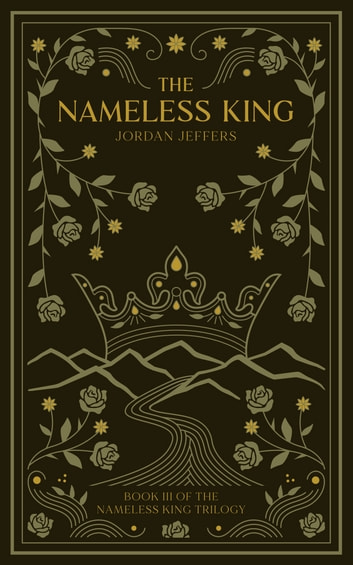Dear Mother,
I've been watching a lot of Game of Thrones recently, since Dad lent me his copies of the first two seasons. Normally, it would probably take me two or three years to get around to watching them. I still haven't finished Lonesome Dove, and y'all gave me that movie three or four years ago. But high fantasy is kinda my thing, and I liked Double-R Martin's books, so I've been moving through the show quicker than normal.
It's pretty entertaining. It's also pretty gruesome. The amount of violence is horrific, especially sexual violence. There are basically two kinds of characters on that show: cruel, disgusting, violent characters that take pleasure in tormenting people; and honorable, trustworthy, violent characters who don't take pleasure in tormenting people. It's hard to find a character that's worth rooting for, though there are plenty to root against. And, truth be told, I'm starting to feel like I did when I tried watching The Wire: like maybe this show isn't good for me.
Because I finish an episode, and I just feel like I've been kicked in the balls a few times, and spit on for good measure. I read an article a few weeks ago about the use of rape in adventure stories (The Rape of James Bond by Sophia McDougall, published by The New Statesman), and the author said she had to stop reading Martin's books because she got to a point where "I found I couldn't cope with rape as wallpaper."
It's a freaking great insight. It's also completely blind in its own way because sexual violence is just one form of violence. Maybe rape as wallpaper is relatively new, but murder, war, cruelty, and torture as wallpaper is as old as Shakespeare.
I'm not saying stories shouldn't have violence. God in heaven knows that there is violence in what I write. But sometimes violence can become so pervasive and constant in a story that it sort of fades into the background, and we forget about it. Think about any Rambo movie, for example, and you'll get what I'm saying.
This is part of the reason I like Quentin Tarantino movies. Because even though they all have a lot of violence, the violence is nearly always taken seriously, by which I mean, he draws your attention to it. He doesn't let you dismiss it, doesn't let it fade into the background.
Take Pulp Fiction, for instance. There's that scene where Vincent accidentally shoots Marvin in the face, killing him in a rather (ahem) explosive way. Everybody's reactions to this horrible thing are... nonchalant? Matter-of-fact? I'm trying to come up with a good adjective, but it's basically a weird combination of mild regret and mild panic. They don't seem to value Marvin's life at all, but they are concerned about the consequences of driving around L.A. with a dead body in the back seat.
Now, think about all the action movies you've seen where somebody gets killed and then essentially fades into the background. Their body crumples to the ground and then the camera cuts to our hero committing the next murder. If Tarantino wanted to do this, he could. He could blow Marvin's head off, let us all laugh at how surprising it is, and then move on.
But he doesn't. He refuses to let Marvin's deadness fade into the background. Instead, we're forced to spend the next thirty minutes or so dealing with his body, cleaning the blood and little bits of brain and skull out of the upholstery. Again, the characters deal with this as if it's little more than a pain in the ass, which is what makes the scene rather comic. But the movie is still essentially arguing that death has consequences, that the murder of a human is not something that can be shrugged off so easily. The extent to which Tarantino manages to make this point is usually the extent to which I like his movies, which is why I didn't particularly enjoy Kill Bill. Watching The Bride cut through the Crazy 88's draws attention to violence in a different way because it's so obviously absurd that it sort of forces you to think about what you're watching. But this is far less effective, I think, than figuring out what to do with Marvin's shattered head.
Even writing about this kind of stuff makes me feel sort of gross, which is different for me. When I was in high school violence hardly bothered me at all. It's only as I've gotten older (and gotten married to someone who physically can't handle violent movies) that I've become "resensitized" to all the evil present in our movies and books. And again, it's not that I want to remove all of this evil from our stories. It's present in the world, and we need to talk about it and fight it.
But I don't want it to fade into the background, to be taken as a matter of course. And I don't want to drag people through the muck in the name of "realism" or "grittiness" or even "great literature." I want the violence in my books to have consequences. And I want you to be able to read them without feeling sick afterwards.
Ugh, I'm going to look at pictures of puppies on the Internet now. Because puppies are cute. And puppies make me feel better.
With love always,
Your son Jordan
Jordan Jeffers writes letters to his mother on the Internet because stamps are a form of witchcraft. Feel free to give him electronic encouragement via the little Facebook and Twitter buttons below. It means more to him than you might think.



